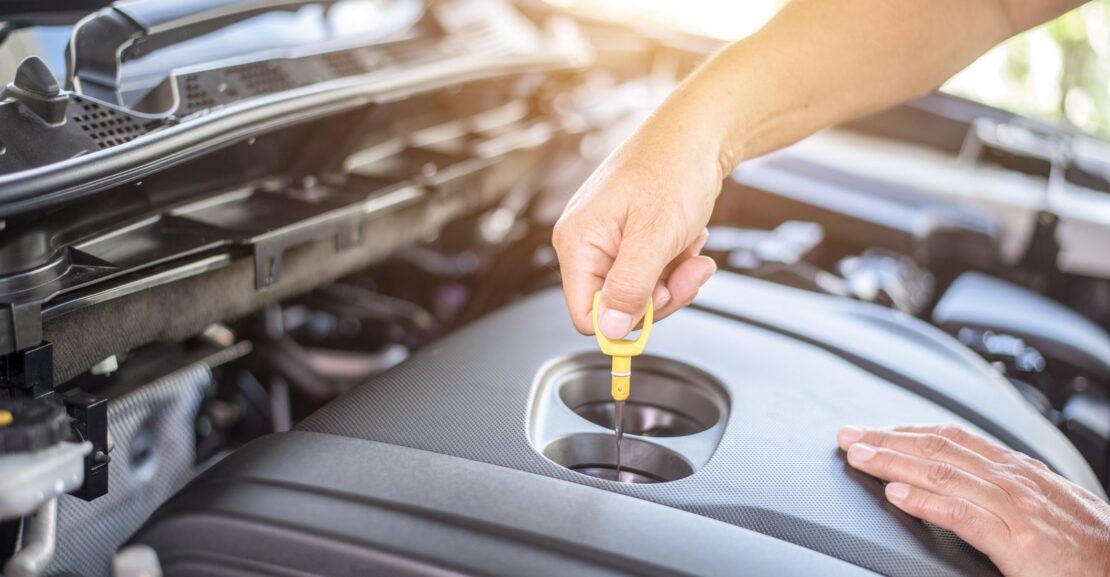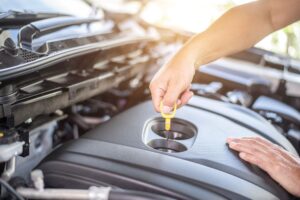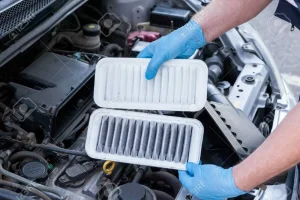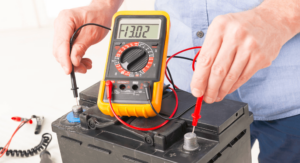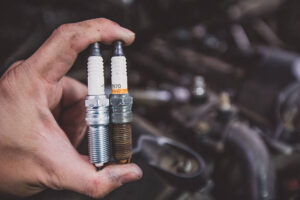When you think of a car what comes to mind as a car owner? A prized possession. A convenient belonging. An important accessory worthy of every care and attention. And as such a valuable commodity that it is, much has to be done to ensure its longevity and durability.
Here are 8 steps to take to make certain your car lives up to and beyond its standard.
1. Routine Service Maintenance
Important objects, whether they are cars or not, need to be maintained. You may avoid unnecessary car headaches by keeping the car in good shape. It’s crucial to keep an eye on your car. It is not sufficient to simply check your tires and do regular cleanups.
Your car is more likely to experience serious engine and other component problems if you neglect routine maintenance. Long-term vehicle health depends on you being able to do a basic check of your car’s vitals. It is usually a good idea to read the instruction manual.
Furthermore, your safety while driving will enhance if you keep up with normal car maintenance. It will stop worse problems from developing and parts from breaking. Even while cars lose value over time, if you keep up with maintenance, you may still sell your car for a reasonable price.
2. Car filters should be changed
Every time your engine runs, combustion byproducts are accumulated in the engine oil. Deposits, sludge, and wear are created when contaminants build up in the engine past the oil’s capacity.
If you hadn’t changed the engine oil, the oil filter wouldn’t have either, which would imply that the dirt and debris aren’t being cleaned by the engine oil but are instead just being carried around and coming into contact with moving parts.
The oil filters need to be changed regularly. Else this can result in a loss of power and reduction in mileage.
For instructions on filter cleaning and replacement, refer to your owner’s manual. Only use genuine components. Long-term engine damage could result from using cheap, subpar filters.
3. Replace engine oils from time to time
Engine oil is one of the most important components used in car maintenance. It is one of the main lubricants that have a big part to play in the combustion cycle. Without engine oils, the car engines will go into total breakdown.
It is needed for lubricating engine components, lowering friction, cleaning, cooling, and protecting the engine.
Every engine needs regular oil changes. As earlier explained, when you don’t change your oil. It forms sludges and contaminants. These build up and prevent the oil from getting to all areas of the engine.
The result of this is starvation to the crankshafts, bearings, camshafts, and other portions of the valve train.
4. Make sure the wiper blades are in good condition.
They are made to glide smoothly and easily across the surface of your windshield. Regular inspections of the car’s wipers are required. It’s crucial to make sure the wiper blades are in good condition during some seasons, such as the rainy ones.
You’ll notice they start to squeak, smear, or streak when wiper blades are no longer making good contact with the windshield surface, which reduces vision while driving. Unfortunately, damaged or broken blades will not function as intended.
Old wiper blades can also harm the glass of your windshield.
5. Check your car battery often
Car batteries are a crucial part of the vehicle. Turning on your car’s ignition only to be left stranded can be incredibly aggravating. These batteries deliver the electrical zap required to activate electrical components.
Along with providing voltage to your car’s starter, it also transforms chemical energy into the electrical energy that runs your vehicle. Additionally, it maintains the voltage (also known as the energy supply) that keeps your engine going, which is quite important, therefore it must continue to function properly.
When you take your vehicle in for maintenance, it is a good idea to have the battery inspected. You won’t have to worry about frequently replacing batteries or extra charges thanks to this.
Additionally, it will extend the battery’s lifespan to almost five long years of excellent performance.By checking your battery, you can find cracks and other issues before they become full-blown leaks, which can help you avoid wasting time and money in the future.
Maintain the battery’s charge by driving it frequently and unplugging any appliances when the vehicle is not in use. Maintain fluid levels, tighten the hold-down, insulate the battery against the cold, and clean it frequently.
Your battery can last about 4-5 years if you take excellent care of it. Since nobody likes to suffer from a dead battery, it is also a good idea to be aware of the warning indications that you need a replacement.
6. Check and replace your car tires
The only point of contact between your car and the road is the tyre, which also supports the weight of your car thanks to the air inside. Uneven wear and reduced longevity might result from overinflation or underinflation. It has a significant impact on cornering, stability, and braking.
Additionally, tyre pressure can raise CO2 emissions and fuel consumption. The tread of tyres gives them traction on the ground. Lack of traction can be risky, particularly if you’re travelling on snowy or rainy roads.
Having insufficient tread might cause your vehicle to skid and lose control. Poor tire care can cause blowouts, flat tires, and early tire wear. Tyre wear can be influenced by factors other than the tires themselves.
Tire wear and performance are directly impacted by both misaligned wheels and worn suspension components.Make sure to check your tires’ pressure and tread wear each month. Do not put off fixing them till they become faulty.
7. Use your air conditioning
Regular car air conditioner maintenance can prevent further problems from developing and improve the operation of your automobile. Dusty air filters and refrigerant leaks are two frequent issues that your air conditioning system may encounter.
Every few weeks, run your AC for at least 10 minutes. The coolant can circulate throughout the system when the AC is running. Your car’s coolant dissipates heat and contains a lubricant that is useful for maintaining the quality of the pipework and rubber seals.
Better energy efficiency is ensured with regular AC maintenance. Your air conditioning system will function more efficiently if it receives routine maintenance since it will last longer, cost less to repair overall, and provide better air.
8. Replace old sparks plugs
Changing your car’s spark plugs has a number of advantages. Spark plugs are parts of spark-ignition engines that transmit electric current from an ignition system to the combustion chamber, containing combustion pressure inside the engine while an electric spark ignites the compressed fuel/air combination.
To put it another way, spark plugs are tiny pieces of metal that enable an electrical spark to begin the combustion process required to start your car. By using the engine’s pistons, it maintains your car’s power while supplying a smooth and balanced air-fuel mixture.
As was previously mentioned, having good spark plugs assures that your automobile will start without a snag, just like car batteries. It guarantees that your car won’t abandon you stranded in a parking lot.
Less harmful emissions, improved fuel efficiency, easy starts, and consistent generation of optimal combustion are further benefits of having good spark plugs.
Making certain your car lives for a long time is your responsibility as a car owner. Maintaining your car shouldn’t just be a one day thing. Ensure to take your car for regular servicing. Failure to do this could cause an accumulation of car damage which could leave you with heavy costs.

